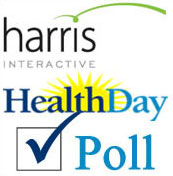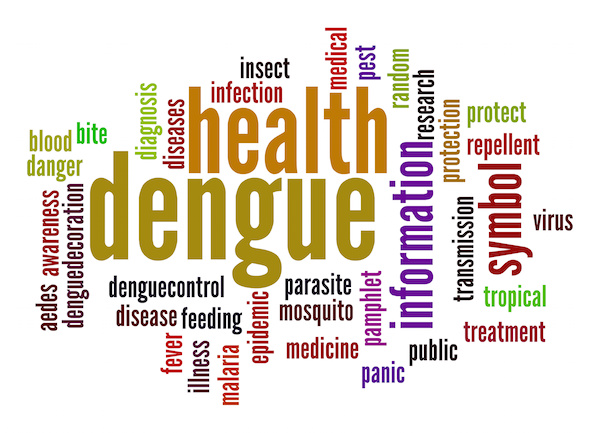
THURSDAY, Feb. 11 (HealthDay News) — While half of Americans want some kind of health reform in the next two years, nearly 40 percent say it would be a good thing if the legislation proposed by the Democrats and President Barack Obama never materializes. And one-quarter aren’t sure if health reform would be good or bad for the country, a new Harris Interactive/HealthDay poll finds.
“Essentially what they’re saying is we want reform but we don’t trust or like what we’re seeing now,” said Humphrey Taylor, chairman of The Harris Poll, a service of Harris Interactive.
While reforming health care is still important for many Americans, the most pressing issue is fixing the troubled economy, the poll found.
When asked to pick two top priorities for the President and Congress, about 8 out of 10 of respondents, regardless of their political persuasion, picked reducing unemployment and creating new jobs as a top priority over the next few months. Among Democrats, health reform came next (59 percent), while among Republicans preventing a terrorist attack in the United States (64 percent) took second place.
The Harris Interactive/HealthDay poll, conducted online Feb. 3-5, included a national cross-section of 2,075 adults 18 and older. Respondents represented all three major political affiliations: Democrats (35 percent), Republicans (27 percent) and Independents (28 percent).
John C. Goodman, president of the National Center for Policy Analysis in Dallas, which support free market health-care solutions, said the poll findings suggest that Americans have lost confidence in Congress and the White House.
When half of the public thinks no major reform is not a bad thing, “that’s because they’ve been soured on this,” said Goodman, asserting that much of the focus on health-care reform has been on its more painful aspects, such as how to pay for it, whose taxes to raise and what benefits to cut, rather than what people would gain from it.
“Eighty percent or more of people who have health insurance like the plan they’re in, and when they read about the government dithering with their plan, they get apprehensive,” he said.
Voters still want health reform, “but they don’t trust this legislation,” added Mark C. Blum, executive director of America’s Agenda: Health Care for All, a coalition of business, labor union and government leaders. The process wasn’t transparent enough, it was fraught with deals with special interests and, ultimately, consumers had very little understanding of the details of the reform proposals, he said.
“That’s a big hurdle to climb when time is slipping away very quickly to pass legislation this year,” Blum said.
According to the poll, only 13 percent of Republicans believe the President should keep trying now to pass health reform, while 68 percent say he should wait another year. Among Democrats, the opposite is true: 66 percent say he should keep pushing now and 18 percent prefer holding off for a year.
“The public is clearly split, with Republicans on one side and Democrats on the other, as to how hard the president should push for health-care reform,” Taylor observed. “The president’s stated intention to push ahead is likely to be popular with most Democrats, but will probably remain so only if he and Congress can deliver significant legislation. Failure to do so could be very damaging.”
Independents are somewhat more inclined to wait for reform (45 percent) than forge ahead (39 percent).
While Independents helped elect Obama to the White House in 2008, the political winds are shifting, Taylor said. “That support has been eroding and eroded, so that actually on many issues the Independents look a bit more like Republicans than they do like Democrats,” he observed.
Some other key findings from the poll:
- Forty-two percent of all adults — and roughly equal proportions of Republicans, Democrats and Independents — say it’s important to control out-of-pocket health-care costs and health insurance expenses paid for by the public and patients.
- Sixty-one percent of Republicans say they don’t want to see an increase in taxes to pay for health reform, compared to 21 percent of Democrats and 36 percent of Independents.
- Fifty-two percent of Democrats say their top priority is ensuring that many more people have health insurance, compared to 30 percent of Independents and 16 percent of Republicans.
“Eighteen months ago, coverage tended to be as high or a higher priority than controlling costs, and now the two top items are both about controlling costs,” Taylor noted.
Blum applauded Obama for trying to “reset” the health-care debate in recent weeks. The president has called for a bipartisan summit on health care that would be televised nationally on Feb. 25. But, Blum added, Republicans and Democrats are also positioning for the November elections, making true bipartisanship unlikely.
The best solution, Blum said, may be for an independent bipartisan group to merge their ideas and challenge Congress to react. “Then we could get real constructive debate moving into the November mid-terms,” he said.
More information
For more on the poll visit Harris Interactive.

